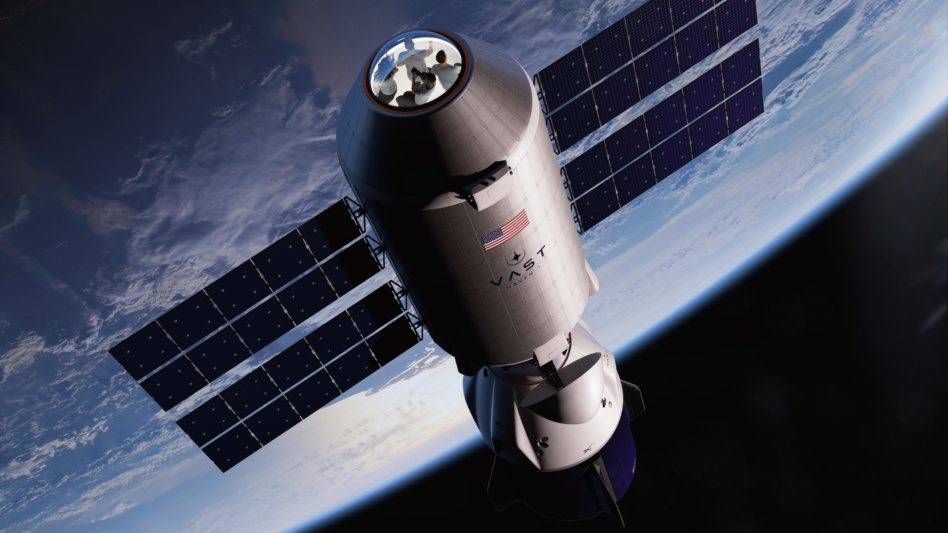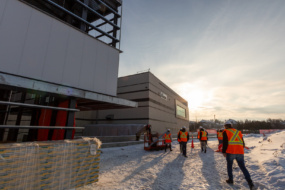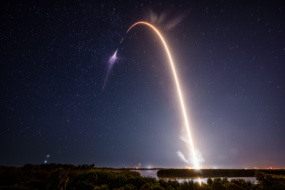Vast, a space habitation technology company, is planning to launch the world’s first commercial space station, Haven-1, into LEO by August 2025, the company announced Wednesday.
Haven-1 will initially function as an independent crewed space station before connecting with a larger Vast space station currently in development. The station, which can accommodate up to four astronauts, will include features such as 150 kg of pre-loaded cargo capacity, a large window dome for observation and photography, and continuous communications and internet access, so visitors can make Earth-bound friends jealous with their space selfies
A match made in Haven
SpaceX will play a critical role in Vast’s ambitions. Haven-1, which is scheduled to launch aboard a SpaceX Falcon 9 rocket, will be followed by Vast-1, a crewed mission to the station that will carry up to four people in a SpaceX Crew Dragon capsule. SpaceX will provide support for the missions, including crew training, launch services, mission simulations, and life-support systems. Vast has also enlisted the expertise of multiple SpaceX veterans as technical advisers.
“A commercial rocket launching a commercial spacecraft with commercial astronauts to a commercial space station is the future of low-Earth orbit, and with Vast we’re taking another step toward making that future a reality,” Tom Ochinero, senior vice president of commercial business at SpaceX, said in a statement.
Dream big
The company’s long-term vision involves developing even larger artificial gravity space stations, including a “Starship-class” module by 2028 and multiple 100-m long stations that can hold up to 40 astronauts in the 2030s. By the 2040s, Vast envisions a fleet of dozens of space stations with hundreds of astronauts spread across the solar system.
Rising to the challenge
With the International Space Station set to retire by 2030, multiple companies are raising funds to establish private habitats in LEO. Blue Origin aims to have its Orbital Reef station ready by 2027. The Starlab station from Voyager, Lockheed Martin, and Nanoracks is on a similar timeline. Axiom Space also presents competition to Vast, planning liftoff for their space station in late 2025.




